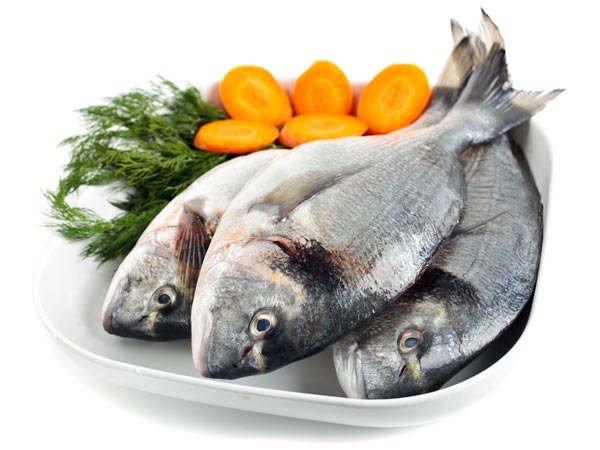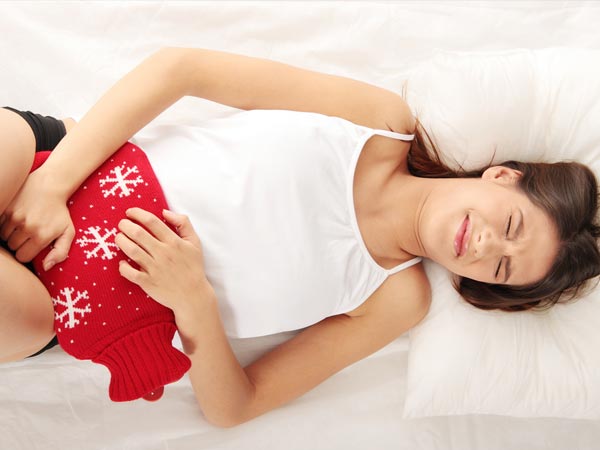Just In
- 1 hr ago

- 9 hrs ago

- 9 hrs ago

- 13 hrs ago

Don't Miss
- Movies
 Entertainment LIVE Updates: Rajkummar Rao Addresses Plastic Surgery Rumours; Salman Khan Jets Off To Dubai
Entertainment LIVE Updates: Rajkummar Rao Addresses Plastic Surgery Rumours; Salman Khan Jets Off To Dubai - Sports
 DC vs SRH IPL 2024: Arun Jaitley Stadium Pitch Report, Delhi Weather Forecast & Live Streaming Info
DC vs SRH IPL 2024: Arun Jaitley Stadium Pitch Report, Delhi Weather Forecast & Live Streaming Info - Automobiles
 Mahindra XUV 3XO SUV – Everything We Know So Far
Mahindra XUV 3XO SUV – Everything We Know So Far - Technology
 Redmi Note 13 5G Series Begins the Shift from MIUI to Android 14-based HyperOS in India
Redmi Note 13 5G Series Begins the Shift from MIUI to Android 14-based HyperOS in India - News
 Amit Shah Advocates Uniform Civil Code: India's Next Legal Reform?
Amit Shah Advocates Uniform Civil Code: India's Next Legal Reform? - Finance
 1:10 Split, Rs 299/Sh Dividend: Tata's Steel Stock Up 11% In 30-Days, Better Than Nifty; PL Says Accumulate
1:10 Split, Rs 299/Sh Dividend: Tata's Steel Stock Up 11% In 30-Days, Better Than Nifty; PL Says Accumulate - Education
 Exam Pressure Does Not Exist; Studying Punctually is Crucial; Says Aditi, the PSEB 2024 Topper
Exam Pressure Does Not Exist; Studying Punctually is Crucial; Says Aditi, the PSEB 2024 Topper - Travel
 Journey From Delhi To Ooty: Top Transport Options And Attractions
Journey From Delhi To Ooty: Top Transport Options And Attractions
Pain During Periods: What It Means
Menstrual pain is a pain that occurs in the lower abdomen of women, usually either preceding the monthly menstruation period or accompanying menstruation. The pain can differ widely, both in severity and in kind, ranging from a sharp pain to a throbbing pain and sometimes a shooting pain, all typical in their own ways.
Minor pain during menstruation is comparatively common, yet more severe pain, pain that requires the use of medication or limits daily activities, has been diagnosed as the health condition called dysmenorrhoea, which affects about one in seven women.
Also Read: 18 Home Remedies For Menstrual Cramps And Pain

However, severe menstrual pains accompanied by heavy and irregular periods can also be a sign of endometriosis. Menstrual pain is caused due to the release of prostaglandins, potent compounds within the body that also help stimulate labour.

It is these uterine muscle contractions that are accountable for menstrual pain. Other symptoms that might accompany menstrual pain are vomiting, tiredness, headaches, and diarrhoea. Menstrual pain can also be connected with excess blood loss during menstruation.

There are various types of treatment options available for menstrual pain. It has been proved that menstrual pain is caused by an imbalance between the anti-inflammatory compounds and pro-inflammatory compounds within the body.
The very best way to correct this discrepancy is the consumption of a natural anti inflammatory, omega-3 fatty acid, the best source of which is linseed oil.
Also Read: 5 Unbeatable Remedies To Manage Irregular Periods

Other natural nutritional supplements that have been proved to show a substantial beneficial impact on menstrual pain are vitamin E, magnesium, zinc and vitamin B1. These have been proved to be a remedy for nearly ninety percent of those experiencing dysmenorrhoea.
Anti-inflammatory drugs will also be helpful in managing menstrual pain, and additionally, there are many non drug treatment options which are efficient, like acupuncture, or home care techniques like applying hot compresses to the stomach to help relieve the distress of cramping.
-
 beautySalma Hayek's Guide To A Healthy And Happy Life: 5 Secrets Revealed
beautySalma Hayek's Guide To A Healthy And Happy Life: 5 Secrets Revealed -
 beautyHappy Birthday Kajol: 4 Wellness Tips To Learn From Our Beloved ‘Anjali’
beautyHappy Birthday Kajol: 4 Wellness Tips To Learn From Our Beloved ‘Anjali’ -
 wellnessWhat Is Personalized Medicine? Benefits, Why Biobanking Is Necessary
wellnessWhat Is Personalized Medicine? Benefits, Why Biobanking Is Necessary -
 wellnessChiropractic Care: When Do You Need A Chiropractor? Procedure, Benefits
wellnessChiropractic Care: When Do You Need A Chiropractor? Procedure, Benefits -
 wellnessCataract Surgery: Types, Pros And Cons; Expert Explains Everything You Need To Know
wellnessCataract Surgery: Types, Pros And Cons; Expert Explains Everything You Need To Know -
 diet fitnessExpert Shares Creative Ways To Exercise More When Time Is Short
diet fitnessExpert Shares Creative Ways To Exercise More When Time Is Short -
 wellnessHow To Finally Switch Your Sleep Position To End Back Pain
wellnessHow To Finally Switch Your Sleep Position To End Back Pain -
 diet fitnessVintage Fitness Trends That Are Still Effective Today
diet fitnessVintage Fitness Trends That Are Still Effective Today -
 wellnessDangers Of Indoor Tanning: Know Why Is It So Addictive?
wellnessDangers Of Indoor Tanning: Know Why Is It So Addictive? -
 wellnessHow To Get Vitamin D Without Risking Excessive Sun Exposure
wellnessHow To Get Vitamin D Without Risking Excessive Sun Exposure -
 wellnessWays To Deal With Throat Infections This Winter, According To An ENT Specialist
wellnessWays To Deal With Throat Infections This Winter, According To An ENT Specialist -
 wellnessWhy Do Men Most Frequently Report Erectile Dysfunction? Know From An Expert
wellnessWhy Do Men Most Frequently Report Erectile Dysfunction? Know From An Expert


 Click it and Unblock the Notifications
Click it and Unblock the Notifications



